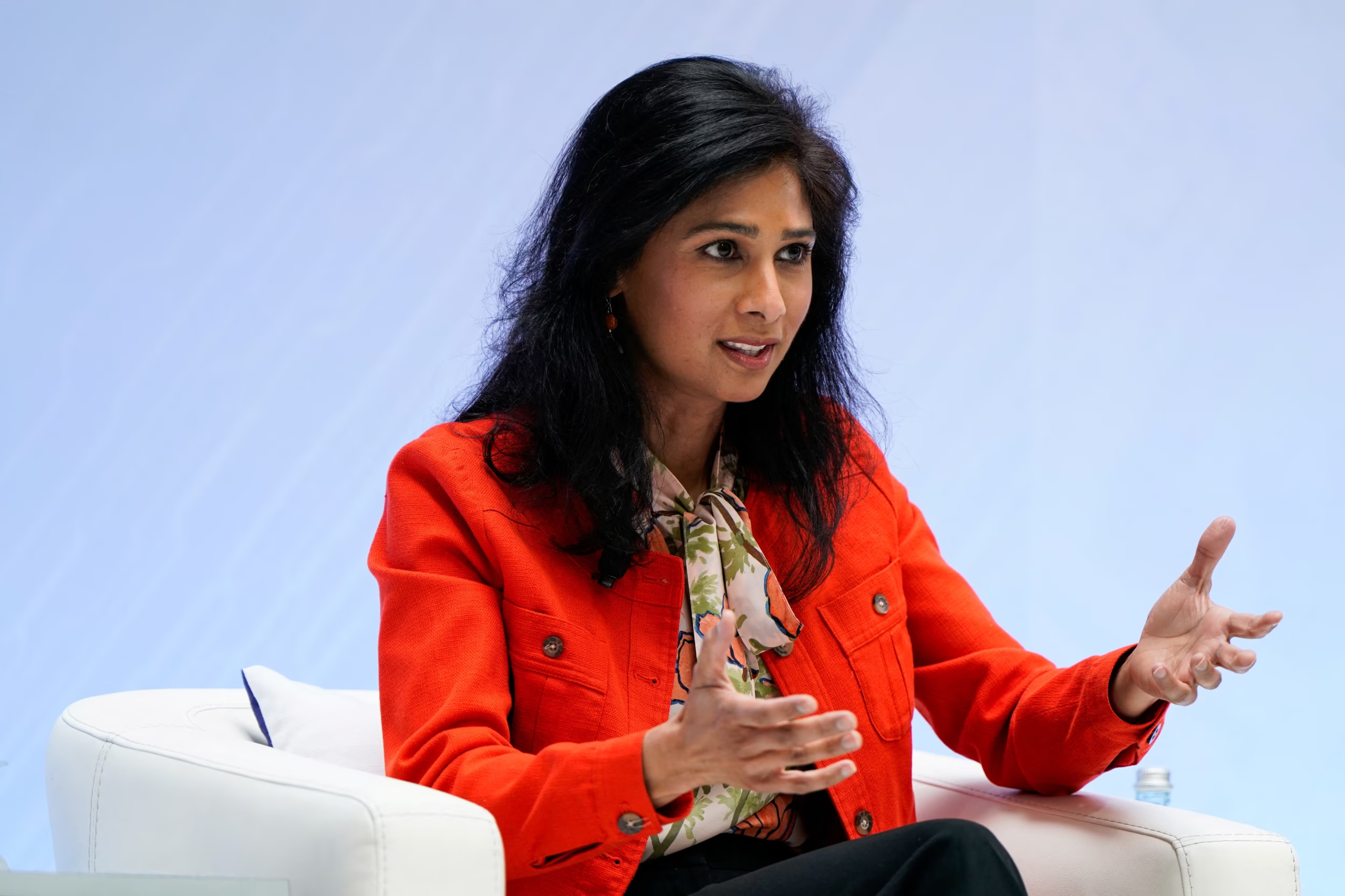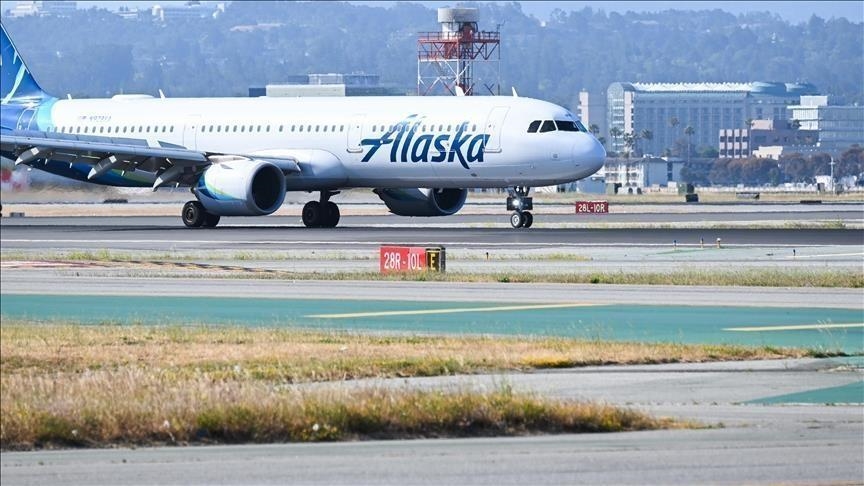Now Reading: Trade War Poses Greater Risk to Emerging Markets Than COVID Crisis, Says IMF’s Gita Gopinath
-
01
Trade War Poses Greater Risk to Emerging Markets Than COVID Crisis, Says IMF’s Gita Gopinath
Trade War Poses Greater Risk to Emerging Markets Than COVID Crisis, Says IMF’s Gita Gopinath

The ongoing trade tensions between major economies now present a more significant threat to emerging markets than the COVID-19 pandemic, according to IMF’s Chief Economist Gita Gopinath. As countries grapple with supply chain disruptions and tariff escalations, developing economies—especially those in India’s Tier 2 and Tier 3 cities—face growing uncertainties that could stall growth and worsen inflationary pressures.
Rising Concerns Over Global Trade Tensions
Global trade conflicts, fueled by protectionist policies and tariff impositions, have intensified over recent months. Gopinath highlights that these disputes disrupt international supply chains, raise costs of goods, and reduce investment flows—all critical factors for emerging markets relying heavily on exports and foreign capital.
Impact on Emerging Economies and India
Emerging markets like India are particularly vulnerable to these disruptions. Many Tier 2 cities, which are rapidly becoming manufacturing and export hubs, may experience a slowdown due to reduced global demand. Increased tariffs and trade barriers can lead to higher production costs and inflation, affecting both businesses and consumers.
Lessons from the COVID-19 Pandemic
While the COVID crisis dealt a heavy blow to economies worldwide, many emerging markets showed resilience through stimulus measures and gradual recovery. However, the unpredictable nature of trade wars could lead to longer-term structural challenges that may impede economic stability and growth prospects.
Need for Strategic Policy Responses
To mitigate these risks, emerging economies must diversify trade partnerships, strengthen domestic supply chains, and boost local manufacturing capabilities. India’s focus on initiatives like “Atmanirbhar Bharat” and regional development in Tier 2 cities becomes increasingly relevant in this context.
Conclusion
Gita Gopinath’s warning underscores the urgent need for emerging markets to navigate the growing trade conflicts carefully. Unlike the pandemic, which was a temporary shock, prolonged trade wars could have deeper and more lasting effects on economic progress. For India, balancing global integration with self-reliance will be key to sustaining growth amid these uncertainties.

























